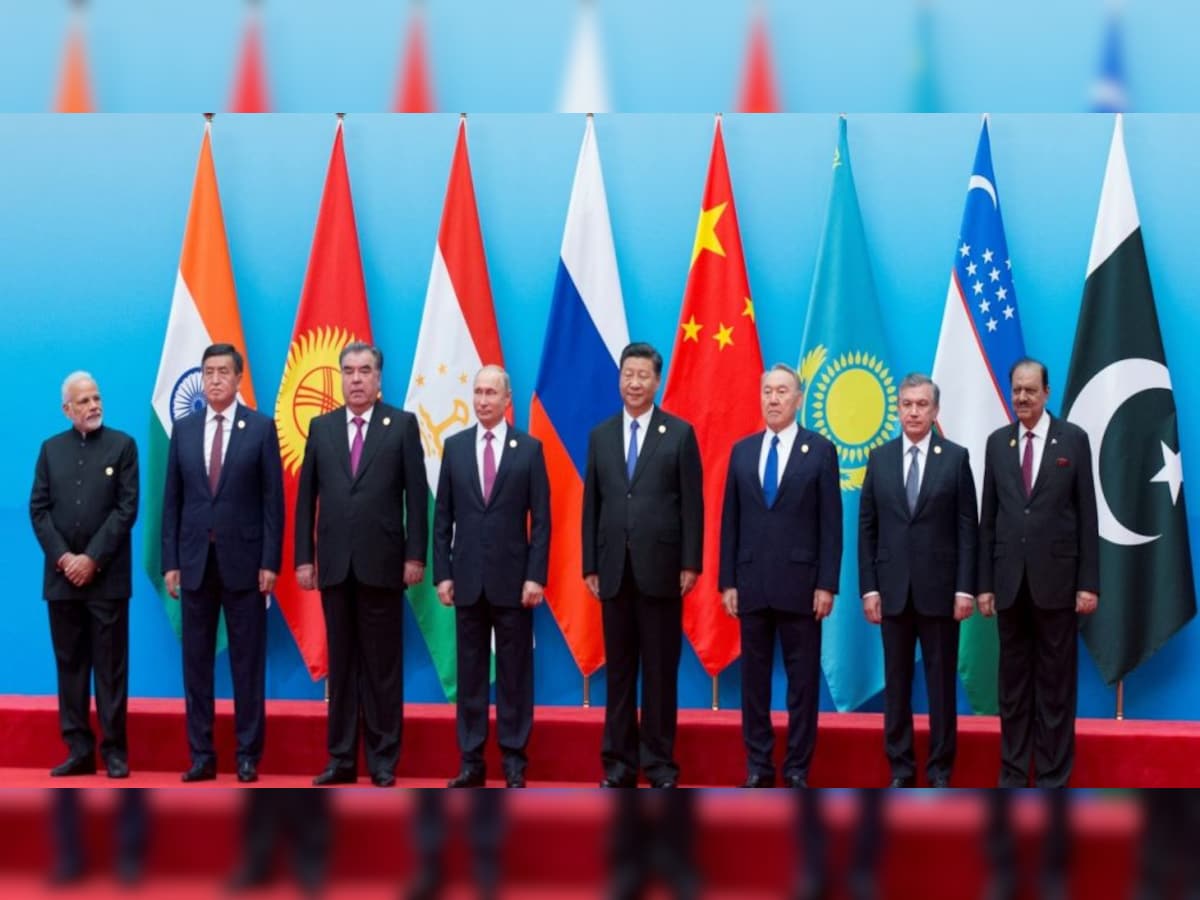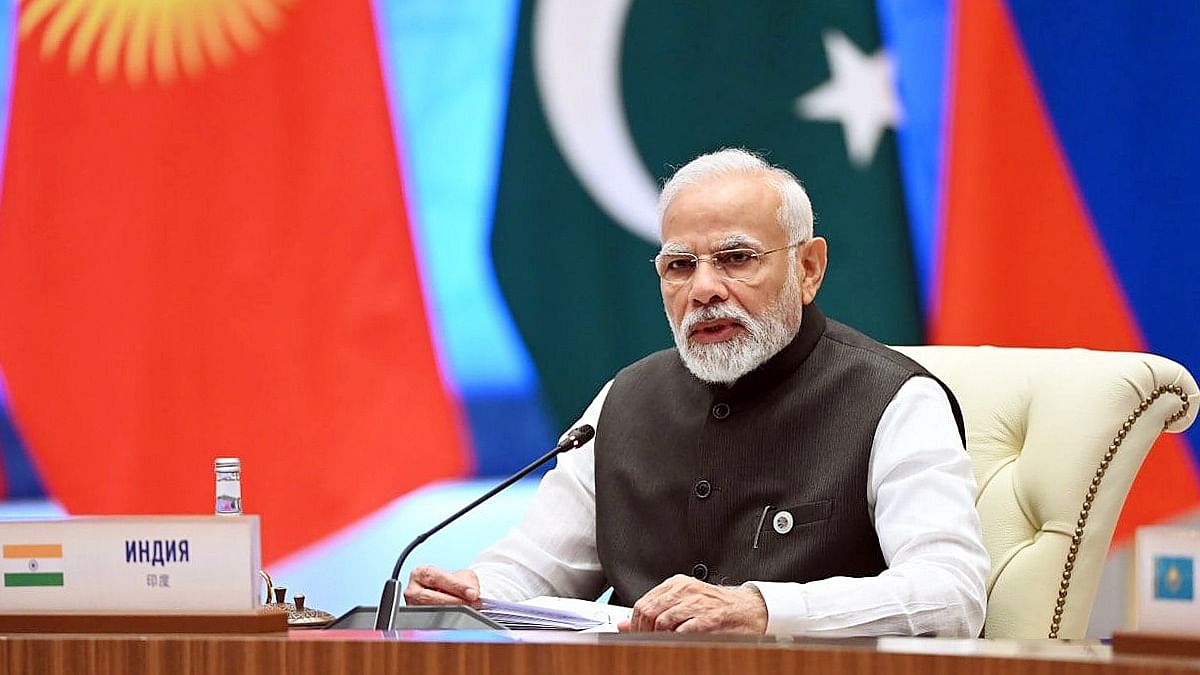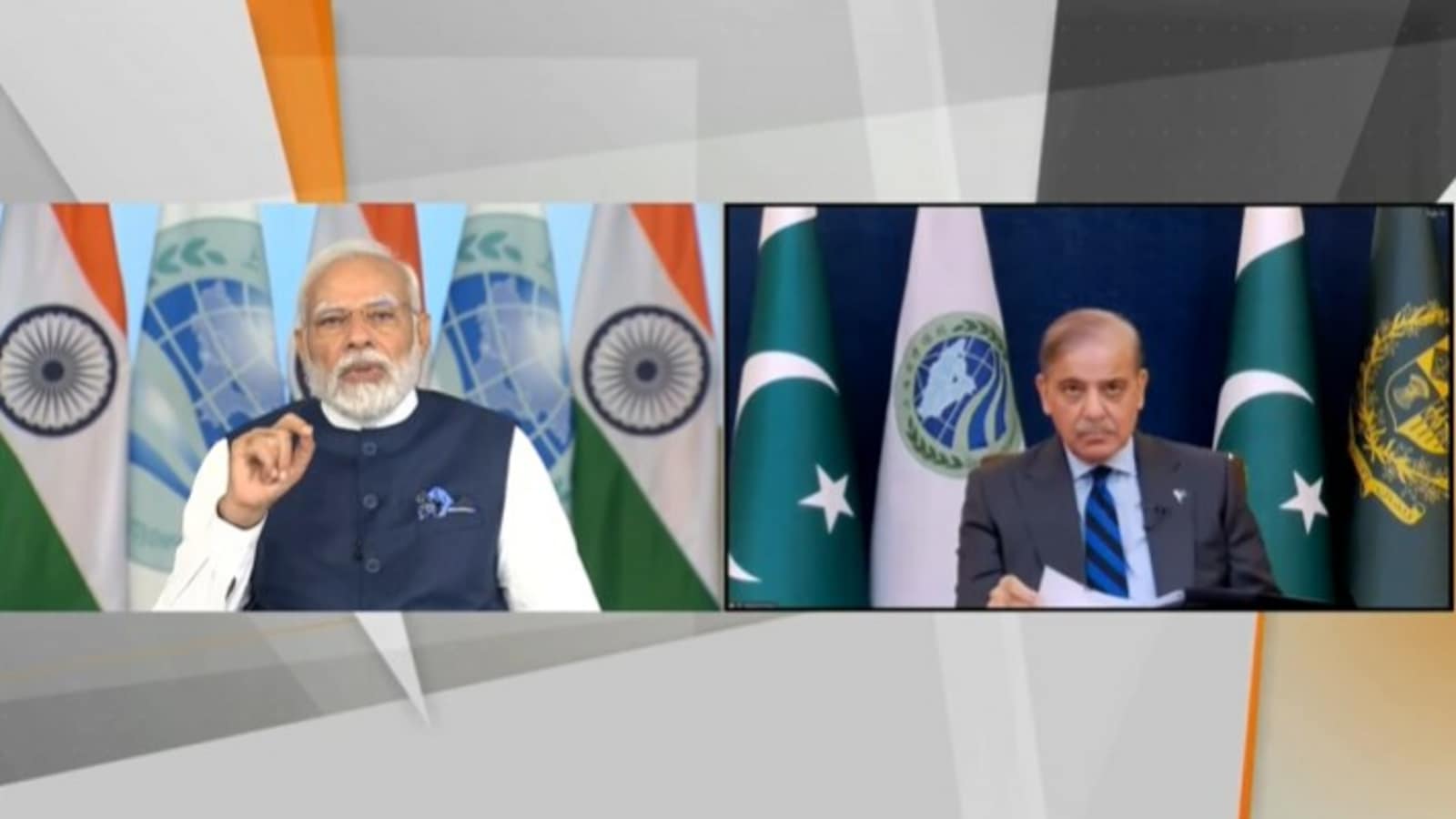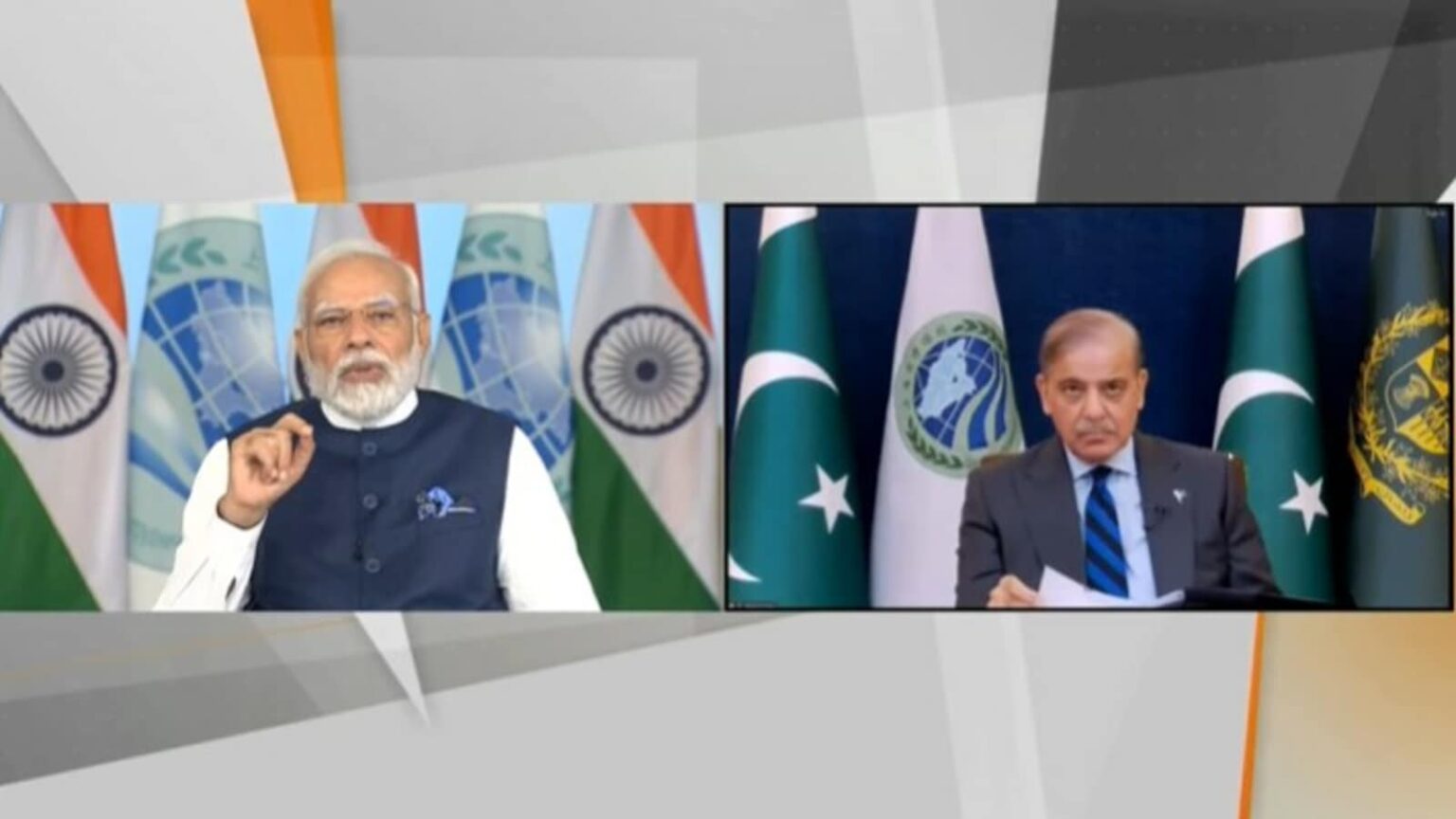In a significant development at the recent SCO (Shanghai Cooperation Organization) Summit, Indian Prime Minister Narendra Modi made a bold statement, highlighting the issue of certain countries being a breeding ground for terrorism. This remark, made in the presence of former Pakistani Prime Minister Nawaz Sharif, sent ripples across the international community. The SCO Summit serves as a platform for member nations to address pressing regional challenges, making Modi’s comments a focal point of discussion and raising important questions about global counterterrorism efforts.
The SCO Summit
The annual SCO Summit brings together member states to discuss crucial regional issues and foster cooperation.

Prime Minister Modi’s remarks on terrorism on this platform hold immense significance, highlighting the urgent need to address the problem and expose countries that serve as breeding grounds for terrorists.
Modi’s Assertion Shakes Diplomatic Circles
Prime Minister Narendra Modi’s unequivocal statement about the existence of terror havens within certain countries during the SCO Summit drew considerable attention. Without explicitly naming any nation, the Indian leader hinted at the urgent need for global cooperation in addressing the menace of terrorism. While the remarks were met with appreciation from several countries, they undoubtedly strained the diplomatic atmosphere between India and Pakistan.

Given the history of conflicts and cross-border terrorism in the region, Modi’s message carried substantial weight and resonated with the concerns of many nations.
A Veiled Reference to Pakistan
While Prime Minister Modi did not explicitly mention Pakistan, it was evident that his reference to “some countries” as terror havens was directed toward India’s neighbouring nation. This accusation stems from India’s longstanding claim that Pakistan supports and shelters terrorist organizations responsible for attacks on Indian soil.
Impact on India-Pakistan Relations
Prime Minister Modi’s statement at the SCO Summit further strained the already fragile relations between India and Pakistan. The latter, currently represented by former Prime Minister Nawaz Sharif, found itself in an uncomfortable position as Modi’s comments subtly pointed towards Pakistan’s alleged support of terrorism.

The exchange serves as a reminder of the deep-rooted challenges the two countries face in their efforts to build trust and promote peace. The SCO Summit, intended to foster cooperation among member nations, inadvertently highlighted the persisting tensions in the subcontinent.
Global Counterterrorism Efforts Take Center Stage
Modi’s remarks at the SCO Summit ignited discussions on the need for comprehensive international cooperation to combat terrorism. Terrorism remains a global threat that transcends borders, necessitating unified efforts to dismantle terror networks and prevent their proliferation. The incident underscored the importance of sharing intelligence, coordinating investigations, and implementing stringent measures to eliminate terrorism at its source. The SCO, comprising countries from Eurasia and Asia, is well-positioned to play a pivotal role in this regard. As leaders from various nations deliberated on Modi’s comments, the summit became a forum for renewed commitments to combat terrorism collectively.
The SCO Summit witnessed a significant moment as Prime Minister Narendra Modi’s remarks about certain countries harboring terrorists reverberated across diplomatic circles. While not explicitly naming Pakistan, Modi’s assertion drew attention to the issue of terrorism emanating from within some countries. The incident underscored the fragility of India-Pakistan relations and highlighted the pressing need for global cooperation in counterterrorism efforts. As the international community grapples with the ever-present threat of terrorism, the SCO Summit served as a platform for leaders to recommit themselves to combat this menace. Only through unified efforts and enhanced cooperation can the world hope to achieve lasting peace and security.













